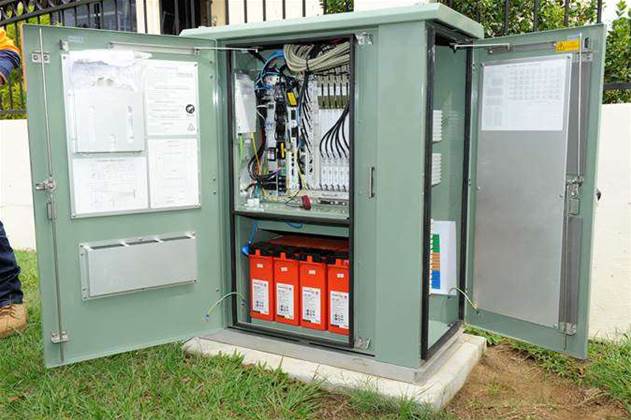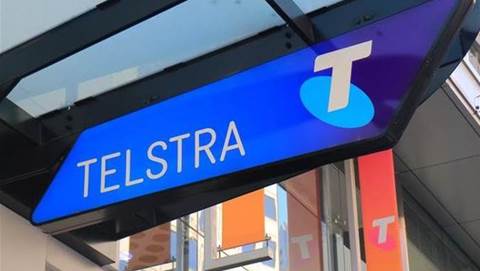The ACCC has cast doubt on industry claims that NBN Co’s CVC price construct is not fit-for-purpose for the fibre-to-the-node (FTTN) portion of the network, and is therefore a factor in retail service providers (RSPs) not buying enough of it.

Chairman Rod Sims told a CommsDay conference in Sydney today that even if the ACCC was to find the wholesale pricing construct unfit, it had limited recourse to do anything about it.
Sims said “some service providers felt that a CVC pricing construct was better suited to a FTTP product, where there was more confidence in the speeds able to be delivered than to, say, an FTTN service".
“It is not clear that this is the case,” he said, noting the issue would be examined as part of work revising NBN Co’s special access undertaking.
RSPs wanting to service NBN customers have two main wholesale costs.
They need to buy an access virtual circuit (AVC) for each customer, which identifies their traffic as it travels on the NBN. They then need to purchase connectivity virtual circuit (CVC) backhaul to get traffic from their network to and from the NBN points of interconnect.
CVC consumption by RSPs has remained largely steady over several years. NBN Co has sought to encourage RSPs to buy more by introducing greater levels of discounts, though some RSPs argue even the current breaks do not go far enough.
The amount of CVC that the RSP buys affects the speed and performance of customers’ internet services.
The arguments laid before the ACCC appear to suggest that, even if RSPs bought more CVC, they could still not be sure it would have any effect on end-user services due to the variability introduced by some technologies in the multi-technology mix, principally the uncertainty posed by copper used for FTTN.
The ACCC - at least for now - is uncertain whether there is any truth to this, and is backing the current wholesale pricing arrangements.
“We are yet to determine where we will take these views but I will say this: two-part tariffs are often efficient, particularly in mature markets, and the AVC/CVC pricing construct has been a feature of NBN Co pricing since the project’s inception,” Sims said.
“When we last formally considered NBN Co’s pricing in its original access undertaking we accepted the pricing structure as being reasonable because it would alleviate initial price shocks and give NBN Co the opportunity to recover its costs as usage of the network grew.
“We put into place price caps that safeguard the interests of consumers, but essentially we left the demand-side risk with NBN and its wholesale customers.”
However, even if the ACCC’s view was to change, it might not be able to do much about it.
“We have limited rights in relation to NBN Co pricing under NBN Co’s access undertaking,” Sims said.
“We are concerned, however, that the uncertainty generated by the charging structure is having an adverse effect on competition and consumers in this emerging market, and we will have to look closely at our regulatory options if the industry can’t resolve this uncertainty.”


















.png&h=141&w=208&c=1&s=1)

